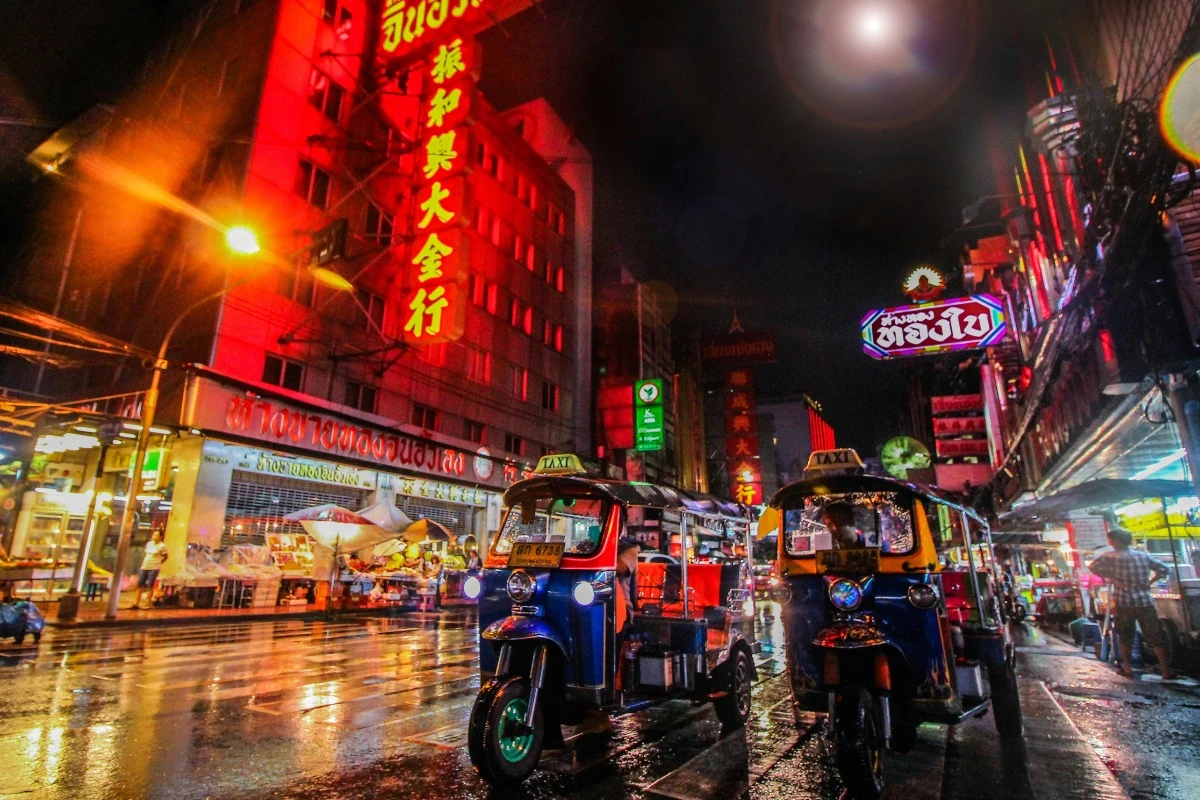Thai MP concerned about gaming monopoly suggests government-run casinos

If and when Thailand legalises casinos, who will reap the benefits – global gaming operators or Thai residents and communities?
That’s the question being posed by MP Korrawee Prissananantakul of the Bhumjaithai party.
The coalition partner supports entertainment complexes, a key part of the ruling Pheu Thai’s economic recovery plan. But it doesn’t want international companies to run the show and enjoy all the advantages.
At a meeting last week of the house and senate, Korrawee floated the idea of government-run casino resorts.
“Why doesn’t the government invest and operate [these casinos] on its own to earn the income and use the revenue to help the poor?” he asked. “[Then] all Thais would benefit from this policy, not only certain investors.”
Korrawee added that the investment should not be concentrated in major metropolitan areas, such as the capital city of Bangkok, but spread across Thailand to better share the wealth.
Cheng: Governments are not fit operators
Industry veteran and commentator Daniel Cheng dismissed the government-run model. He called it “simplistic and misaligned with the goal of boosting tourism and mimicking Singapore’s integrated resort model”.
As proof, he pointed to the Casino Filipino brand of gaming halls in the Philippines. Owned and operated by the Philippine Amusement and Gaming Corporation (Pagcor), the casinos “struggled to compete with… sophisticated integrated resorts that attracted foreign tourist traffic,” Cheng wrote.
“This disparity ultimately contributed to the government’s decision to divest the Casino Filipino chain.”
He also argued that global operators have something governments don’t: experience and know-how. “Private operators are better equipped to meet market demands and drive innovation,” wrote Cheng.
Billions in projected revenues
In her inaugural policy address on 12 September, Thailand’s new prime minister, Paetongtarn Shinawatra, confirmed her support for entertainment complexes with gaming. The proposal ranked seventh on her 10-point list of “urgent policies” to lift the economy.
So far, four of Macau’s Big Six casino concessionaires have expressed interest in bidding on a Thai casino licence. They include the Las Vegas Sands Corporation, MGM Resorts International, Wynn Resorts and Galaxy Entertainment Group. Genting Berhad, Caesars Entertainment and Melco Resorts and Entertainment also could join the throng.
Their motivation is clear: a Thai Chamber of Commerce study says each of the proposed casinos could generate about 100bn baht (£2.3bn/€2.7bn/$3bn) in revenue per year.
